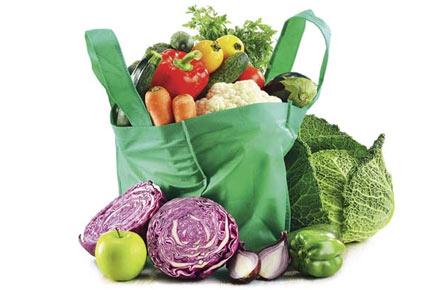Food not only nourishes the body but also affects its internal biological clock, which regulates the daily rhythm of many aspects of human behaviour and biology, scientists say.

Tokyo: Food not only nourishes the body but also affects its internal biological clock, which regulates the daily rhythm of many aspects of human behaviour and biology, scientists say.

ADVERTISEMENT
Researchers believe adjusting the clock through dietary manipulation may help patients with various conditions. An internal biological or 'circadian' clock plays an important role in preferred sleep times, times of peak alertness, and the timing of certain physiological processes. The clock enables maximum expression of genes at appropriate times of the day, allowing organisms to adapt to the Earth's rotation.
"Chronic desynchronisation between physiological and environmental rhythms not only decreases physiological performance but also carries a significant risk of diverse disorders such as diabetes, cardiovascular diseases, sleep disorders, and cancer," said Dr Makoto Akashi, of Yamaguchi University in Japan. The circadian clock involves two major pathways.
The first, which responds to light, has been well characterised. The second, which responds to food, is less understood. Through experiments in cells and mice, Akashi and his colleagues found, using cell culture, that insulin, a pancreatic hormone that is secreted in response to feeding, may be involved in resetting the circadian clock. "Insulin-mediated phase adjustment of the clock in feeding-relevant tissues may enable the synchronisation between mealtime and tissue function, leading to effective digestion and absorption," he said. "In short, insulin may help the stomach clock synchronise with mealtime," he added. The researchers' findings provide valuable information on how to adjust the circadian clock through dietary manipulation. "For example, for jet lag, dinner should be enriched with ingredients promoting insulin secretion, which might lead to a phase advance of the circadian clock, whereas breakfast would be the opposite," said Akashi. The study was published in the Cell Press journal Cell Reports.
 Subscribe today by clicking the link and stay updated with the latest news!" Click here!
Subscribe today by clicking the link and stay updated with the latest news!" Click here!







